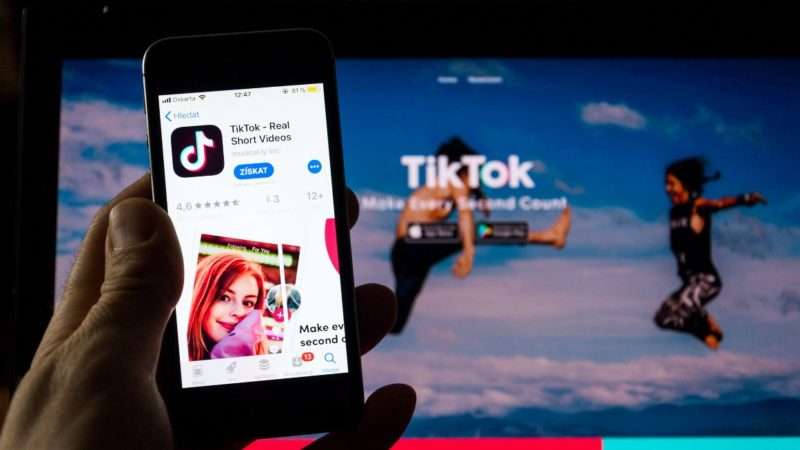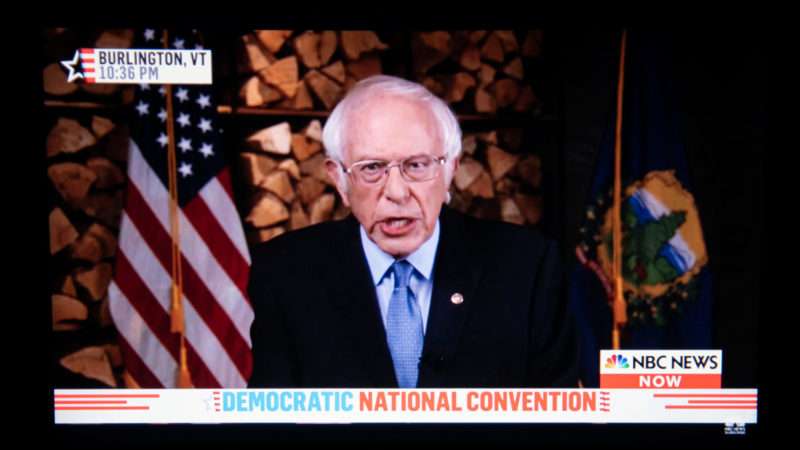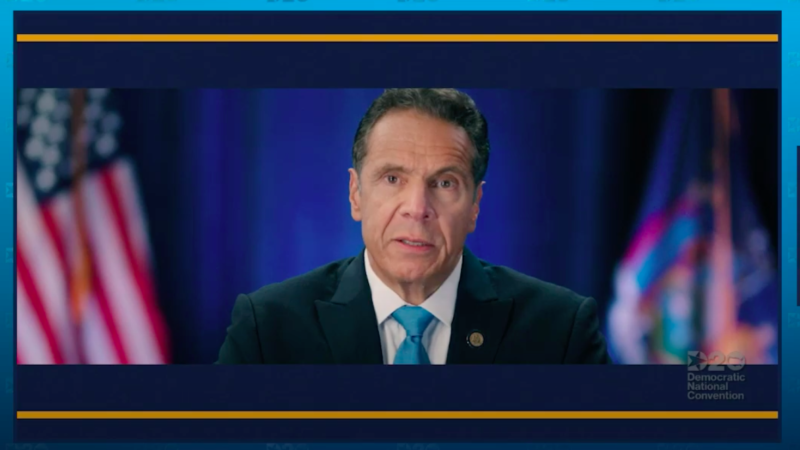
It is easy to see why Americans may be uneasy about Chinese technology companies. Setting aside recent policy efforts to ban or reorient Chinese apps like ByteDance’s TikTok and Tencent’s WeChat, Westerners worry that these companies may engage in certain activities on behalf of the Chinese Communist Party. Laws such as the Cybersecurity Law and Encryption Law do compel Chinese companies to share certain data with the government on request.
It’s easy to see the threats that can emanate from a technology company that is openly aligned with a decidedly non-liberal state, particularly when it is viewed at a competitor or even an enemy. It may be harder to see these same threats coming from the companies or policies native to your own country.
At the same that the U.S. government is cracking down on Chinese technology companies, our legislature is considering new policies that would increase controls on American technology companies.
For example, the EARN IT Act would chip away at platform liability protections in the name of protecting children; if a company does not change its platform upon recommendation of a government panel, it would open itself up to major, possibly debilitating lawsuits.
Then there is the Law Enforcement Access to Encrypted Data Act. This one tries to get at the “unbreakable device” problem by compelling technology companies to … break devices. In other words, it wouldn’t be enough for a technology company to provide standard forensic services to help law enforcement gather evidence from a secure device. If encryption stands in the way, well, developers will just have to compromise it.
These policies bring many downsides for Americans. Crude changes to Section 230 liability protections may result in more content filtering, not less, since platforms would have an incentive to be extra cautious. And of course, undermining encryption always comes at a cost to security, regardless of the justification.
One thing that goes less discussed is how such policies affect the reputation and competitiveness of American technology firms. Not only is Silicon Valley a key engine of U.S. growth and innovation, our technology platforms are viewed as ambassadors for American values and priorities, for better or worse. If people are suspicious of Chinese companies’ links to the CCP, why wouldn’t they also be worried about American companies’ links to our political actors?
I hadn’t thought too much about this dimension of proposed new tech controls until it was brought to my attention by Ashkhen Kazaryan of TechFreedom during our recent panel conversation on these bills for the James Madison Institute. She put it in the context of U.S. jurisprudence, but it’s easy to see how the principle can be extended.
The EARN It Act purports to help crack down on child abuse online. Yet one of the reasons that prosecutors in these cases are even able to get evidence admitted is because technology companies shared it with the government on a voluntary basis. Defense attorneys had previously tried and failed to argue that tech companies have essentially been state actors, and therefore the defendants’ Fourth Amendment rights to due process had been violated. If tech companies are in fact deputized as state actors by legislation like the EARN It Act, these legal arguments could hold more weight in court.
Might non-Americans also view things like the EARN It and Law Enforcement Access to Encrypted Data Acts as ways to cement American tech companies as de facto state actors? It’s plausible. If it’s not these two pieces of legislation in particular, it could be some other proposal to promote good-sounding goals like fairness or representation or national security. To Americans, these pretexts make perfect sense. To a non-American, it looks like another way to weaponize technology companies in ways that benefit state interests.
Actually, this is probably how much of the world has viewed our tech companies for a long time. Edward Snowden’s revelations that Silicon Valley had been deputized as an ersatz surveillance agency for the intelligence community provoked outrage in the States—imagine how much more of a scandal this was for people in other countries that were caught in our web of snooping.
Years later, there is a renewed interest in pardoning Snowden—from President Trump of all people—for what many people view in retrospect as a very patriotic act. One of the controversial phone logging programs revealed through the leaks has since quietly folded for ineffectiveness. FISA reform has largely left the national consciousness. Unfortunately, it is a very good bet that the intelligence community still has access to most of the data from our tech companies that they want.
It may not be as “official” as in China, but American tech company’s the impression that American tech companies serve the interests of the US government is surely not an uncommon opinion in much of the world.
It’s worth keeping this in mind as we debate new controls on technology companies. This is not to say that legislation is never warranted. Rather, we should scrutinize proposals to distinguish public-minded rule-making from government-interested controls. If we don’t, we shouldn’t be surprised if American companies come to be more generally viewed as another, perhaps more liberal, flavor of government-aligned actors.
from Latest – Reason.com https://ift.tt/3g92dV0
via IFTTT


